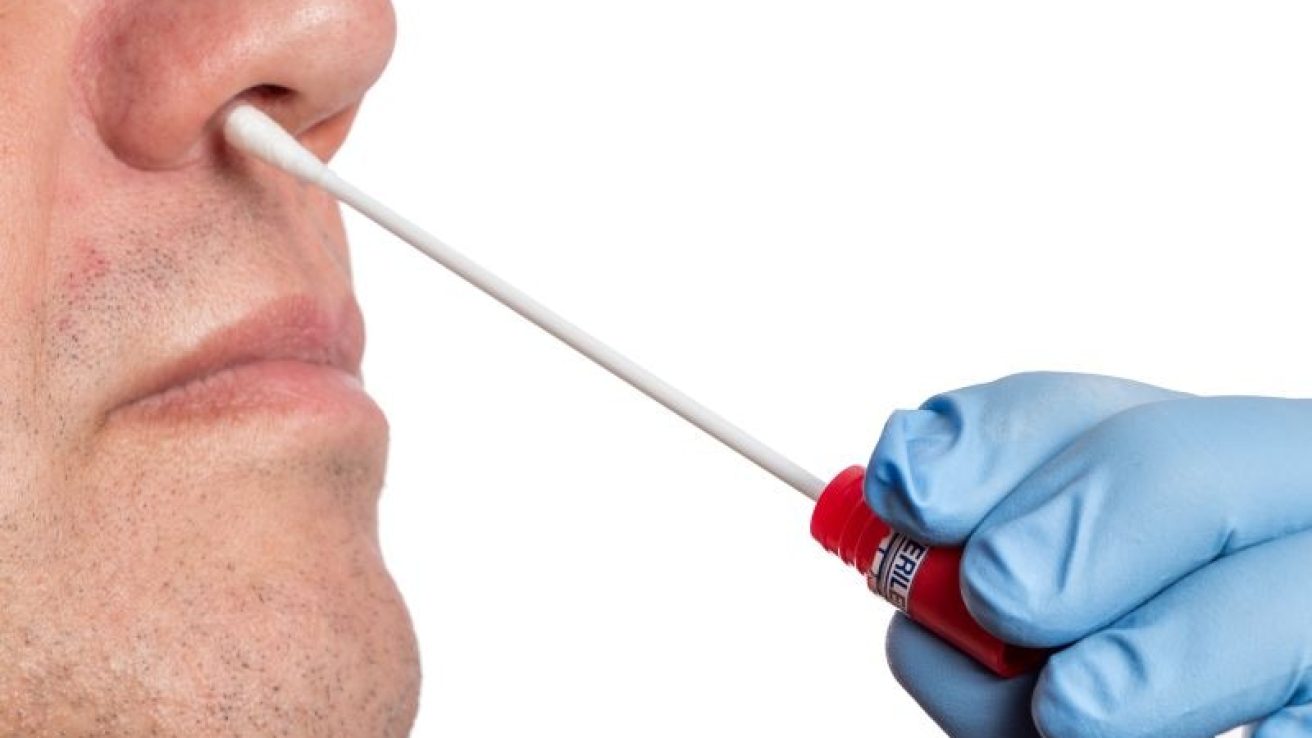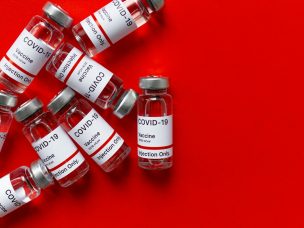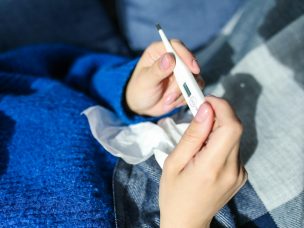FRIDAY, Oct. 9, 2020 (HealthDay News) — Symptoms of COVID-19 are a poor marker for severe acute respiratory syndrome coronavirus 2 (SARS-CoV-2) infection, according to a study published online Oct. 8 in Clinical Epidemiology.
Irene Petersen, Ph.D., and Andrew Phillips, Ph.D., from University College London in the United Kingdom, used data from the Office for National Statistics Coronavirus Infection Survey pilot study to examine the sensitivity, specificity, positive predictive value (PPV), and negative predictive value of COVID-19 symptoms as a marker of SARS-CoV-2 infection.
The researchers identified 36,061 individuals with a SARS-CoV-2 test between April 26 and June 27, 2020. On the day of the test, 1.7 percent reported symptoms. Overall, 0.32 percent had a positive SARS-CoV-2 test result (115 individuals). On the day of the test, 23.5 and 76.5 percent of these individuals were symptomatic and asymptomatic, respectively. Overall, 158 individuals (0.43 percent) had specific symptoms (cough and/or fever and/or loss of taste/smell) on the day of the test. Among the 115 individuals with a positive test, 16 (13.9 percent) reported specific symptoms on the day of the test, while 99 (86.1 percent) did not. For all symptoms and specific symptoms, the PPV was 4.3 and 10.1 percent, respectively.
“The fact that so many people who tested positive were asymptomatic on the day of a positive test result calls for a change to future testing strategies. More widespread testing will help to capture ‘silent’ transmission and potentially prevent future outbreaks,” Petersen said in a statement.
Abstract/Full Text (subscription or payment may be required)










